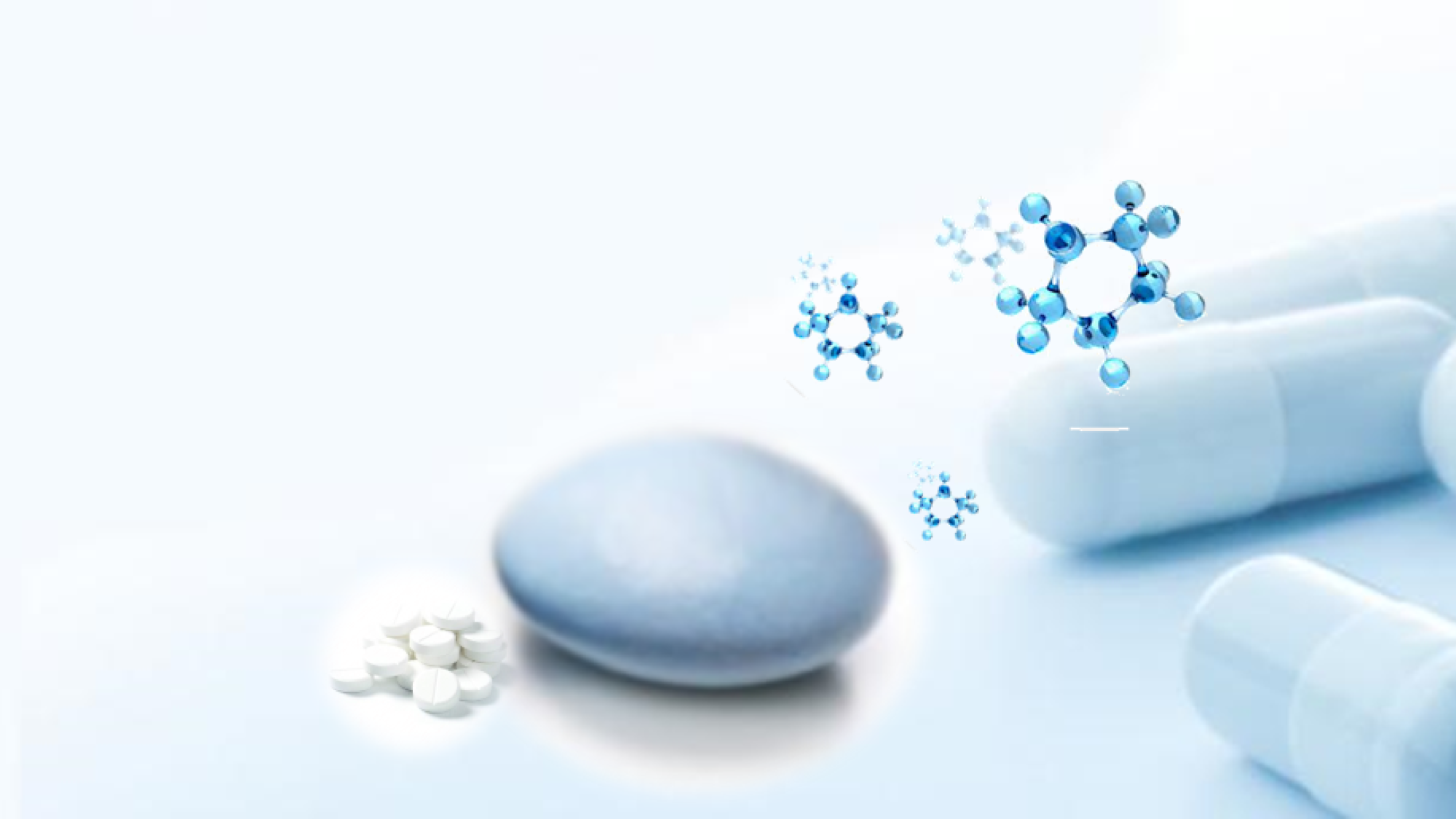The Pivotal Role of Local GMP Labs in Pharmaceutical Quality Control
Local GMP (Good Manufacturing Practice) labs play a crucial role in pharmaceutical quality control by ensuring product safety, efficacy, and regulatory compliance through rigorous testing and validation. Vitas, leveraging its GMP-certified facilities, offers a wide array of services such as method development, validation, stability testing, impurity characterization, and regulatory support, all crucial for ensuring pharmaceutical product quality and compliance with international standards. Choosing a local partner simplifies communication and ensures proper alignment on project aims throughout the development phases.
Introduction
In the fast-evolving realm of pharmaceuticals, the crucial role of quality control cannot be overstated. Adhering to Good Manufacturing Practice (GMP) standards is imperative for ensuring patient safety, drug efficacy, and quality. Vitas AS, located in the Oslo Science Park, Norway, stands as a beacon of excellence in GMP quality control, offering a comprehensive range of services that meet the industry's stringent requirements.
The Lifecycle of Drug Development
The journey from drug discovery to market is typically a prolonged process, often spanning about 10 years or more. This duration covers various stages, including discovery, preclinical testing, clinical trials, and regulatory approval. Each phase demands extensive research, testing, and validation to ensure the drug's safety and efficacy.
Modern Pharmaceutical Industry: A Virtual Landscape
Today's pharmaceutical industry is predominantly virtual, meaning that almost all activities, including research and development, manufacturing, and even quality control, are outsourced to specialized firms. This model allows pharmaceutical companies to focus on core competencies while leveraging the expertise of external partners. However, this approach requires rigorous oversight and coordination to ensure adherence to quality and compliance standards.
The Imperative of Drug Quality Control
Quality control is the linchpin in pharmaceutical manufacturing, essential for preventing contamination, dosage errors, and ensuring stability. Under GMP standards, meticulous testing and analysis are conducted, guaranteeing that each drug batch is safe for consumption and effective in treatment. A notable example highlighting the importance of stringent quality control is the 2008 heparin contamination crisis, where the failure to detect adulteration led to severe allergic reactions and deaths.
Identification of Unknowns in Pharmaceutical Products
Controlling the purity of the active pharmaceutical ingredients within drug products are of the utmost importance. Regulatory guidelines mandate that impurities greater than 0.1 %(0.05 % for high dosage drug products) of the API needs to be quantified. If the impurities are unknown and above the levels mandated in ICH Q3A or Q3B identification of the impurity must be established. These thresholds necessitate the use of advanced analytical techniques, such as High-Performance Liquid Chromatography (HPLC), Mass Spectrometry (MS), and Nuclear Magnetic Resonance (NMR) spectroscopy, to detect and identify these minute quantities of impurities.
Quality Control Services at Vitas AS
Vitas AS offers an array of quality control services using advanced techniques and methodologies:
- Assay and Purity Testing: To determine drug concentration and impurity levels.
- Stability Analysis: Assessing how drugs withstand environmental conditions over time.
- Release Testing: Ensuring each drug batch meets established quality criteria.
- Method Development and Validation: Customizing testing procedures to specific drug requirements.
The Laboratory Environment at Vitas AS
The quality control lab at Vitas AS is a model of precision and technological advancement, equipped with state-of-the-art instruments and staffed by expert analysts. The lab's commitment to accuracy, reliability, and compliance with GMP standards is unwavering.
The Value of Local Labs in Quality Control
The strategic location of Vitas AS in Oslo Science Park offers immense value to the pharmaceutical industry. Its proximity allows for efficient, cost-effective, and personalized quality control services. Benefits of a local lab include:
- Direct Communication: Enhances understanding and collaboration.
- Swift Turnaround: Faster processing and result delivery.
- Simplified Compliance: Easier to manage regular audits and adhere to local standards.
- Cost Efficiency: Reduced logistical costs.
- Personalized Service: Tailored to specific needs and requirements.
Conclusion
Local GMP labs like Vitas AS are indispensable in the pharmaceutical sector. Their commitment to excellence, combined with their strategic location, positions them as vital partners in ensuring drug quality and safety. By choosing Vitas AS, companies can be confident that their products meet the rigorous standards necessary for public health and safety.
Contact Vitas AS
For more information on their services and to learn how Vitas AS can enhance your pharmaceutical quality control processes, visit https://www.vitas.no/.


